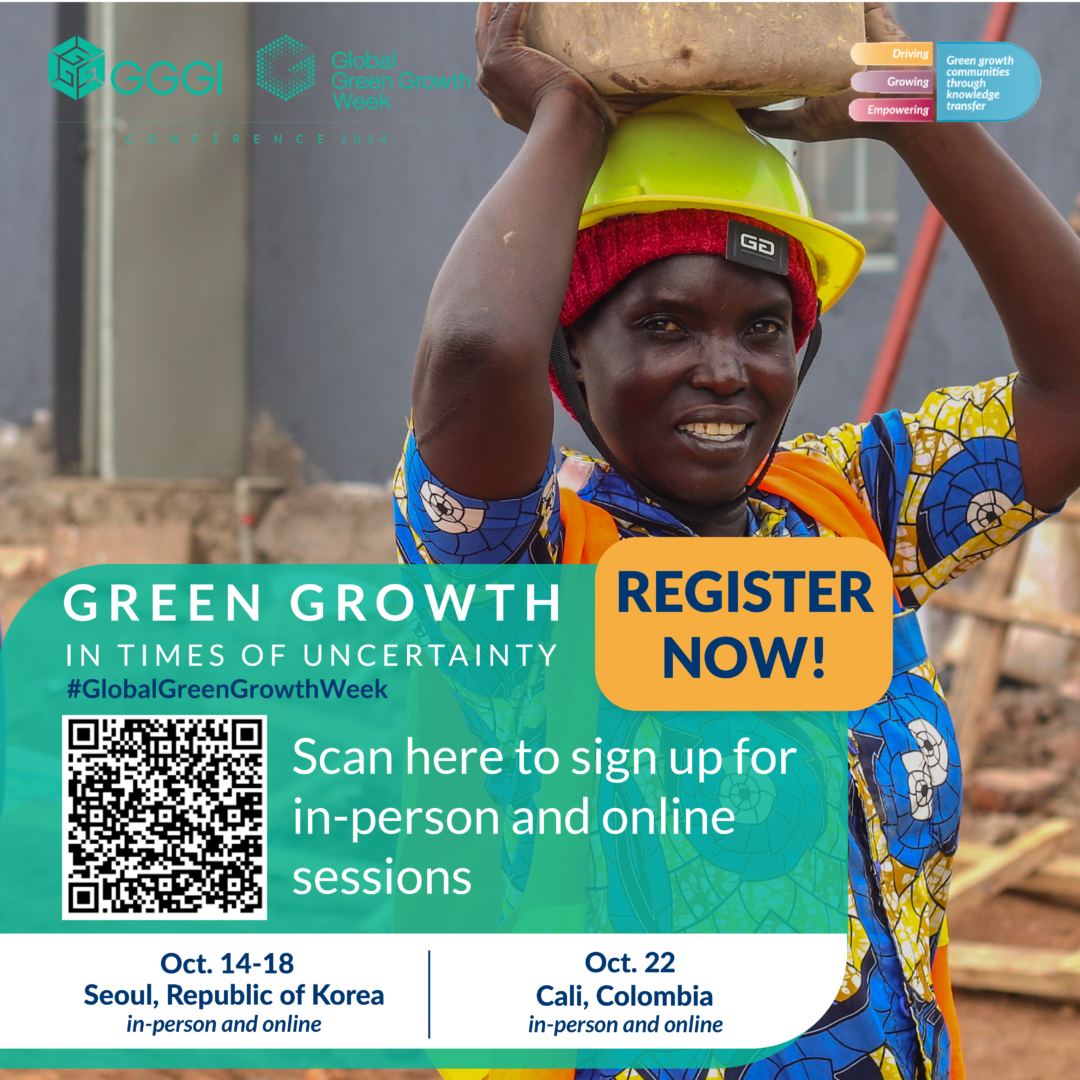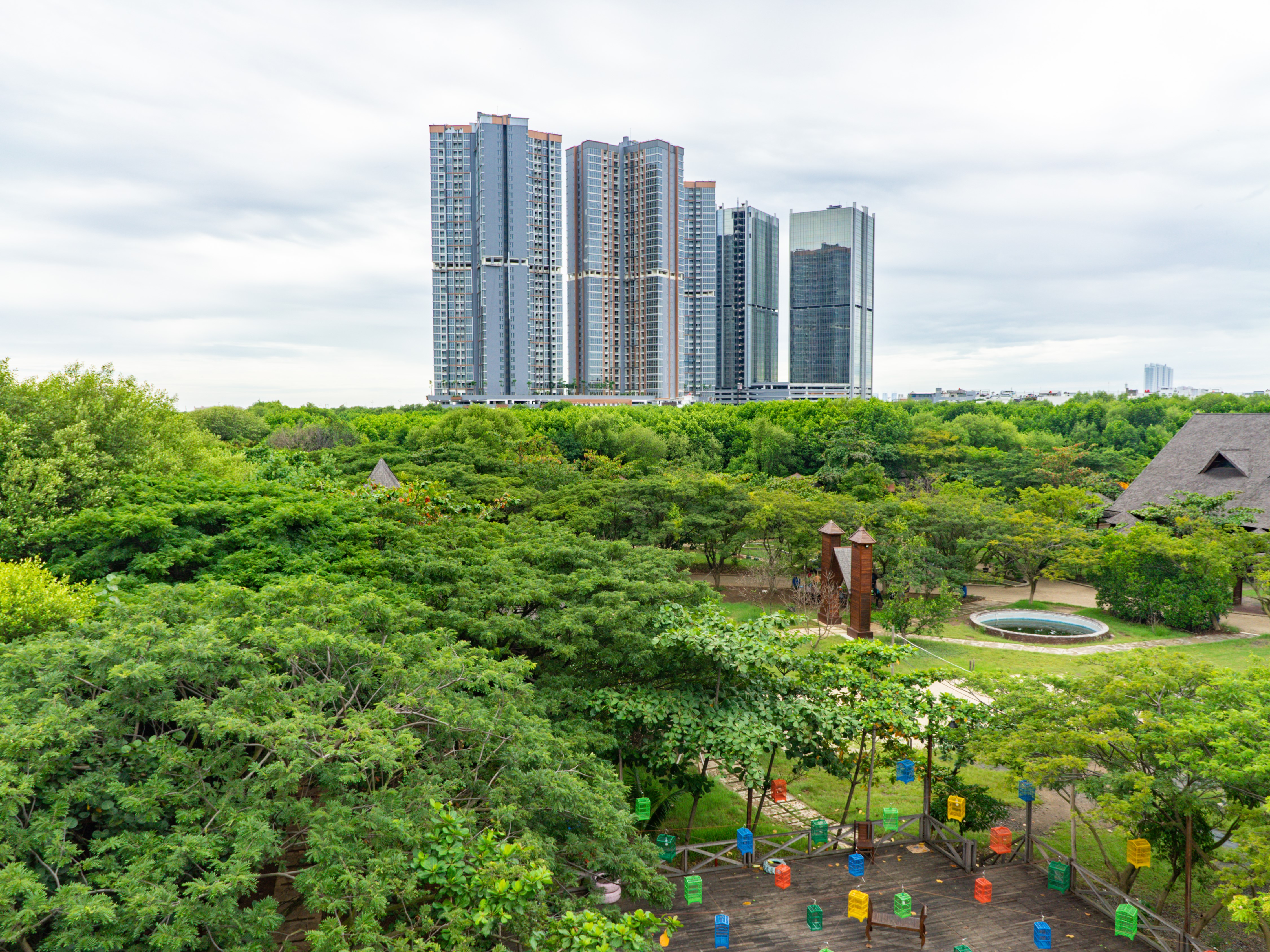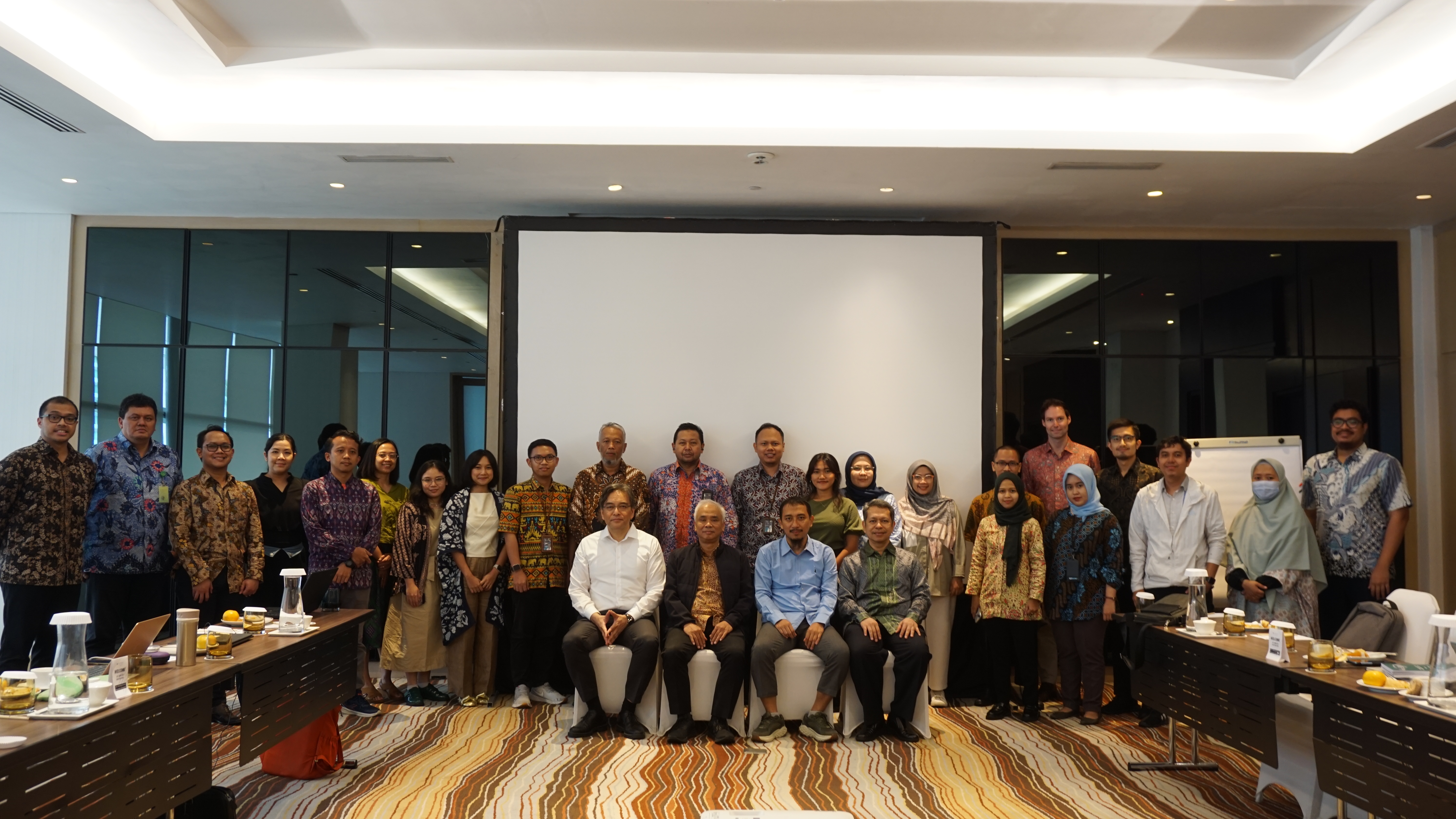Market Study on BioCNG Application in Central and East Kalimantan Provinces
Ministry of Energy and Mineral Resources (MoEMR) of the Republic of Indonesia through the Directorate General of New, Renewable Energy and Energy Conservation supported by Global Green Growth Institute (GGGI) held a Focus Group Discussion (FGD): Market Study on BioCNG Application in Central and East Kalimantan Provinces. Divided into two sessions, the FGD was conducted on Friday, August 14, 2020.
The market study on the application of Bio-Compressed Natural Gas (BioCNG) in the two provinces is part of the effort to achieve Renewable Energy (RE) utilization target in accordance with Government Regulation No. 79/2014 on National Energy Policy and Presidential Regulation No. 22/2017 on the General Plan for National Energy, and as a mitigation action and commitment of the Indonesian Government to reduce Greenhouse Gas (GHG) emissions. This FGD is a continuation of previous discussions held in Palangka Raya (Central Kalimantan) and Balikpapan (East Kalimantan) as well as site surveys at several BioCNG supply and demand points.
Director of Bioenergy of MoEMR, Andriah Feby Misna, ST., MT, officially opened the FGD conveying the importance of finding alternative renewable energy breakthroughs and the fact that renewable energy distribution target could be achieved through biogas utilization. The FGD featured several presentations on the results of the BioCNG market study and research analysis, potential challenges of its application in Central and East Kalimantan, as well as recommendations and solutions. The FGD also gathered feedbacks and inputs from industry players on the development of BioCNG in industrial sector and community.
Conducted in a combination of online-offline format at R Hotel, Rancamaya, Bogor by implementing strict COVID-19 Health Protocol, the FGD was attended by 18 offline participants and 89 online participants from MoEMR, Ministry of National Development Planning (BAPPENAS), Ministry of Finance (MoF), representatives of Central and East Kalimantan provincial governments, representatives of the State Electricity Company (PLN), as well as representatives from companies, organizations and associations.




